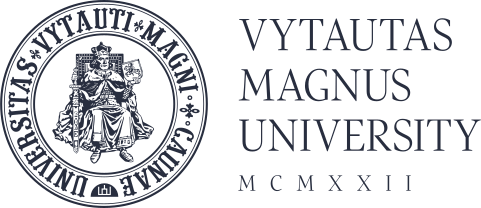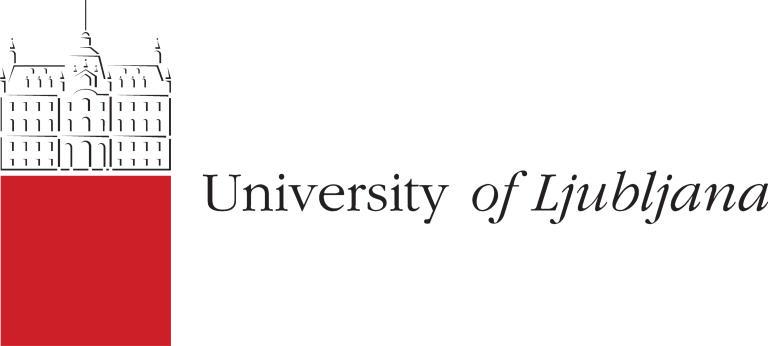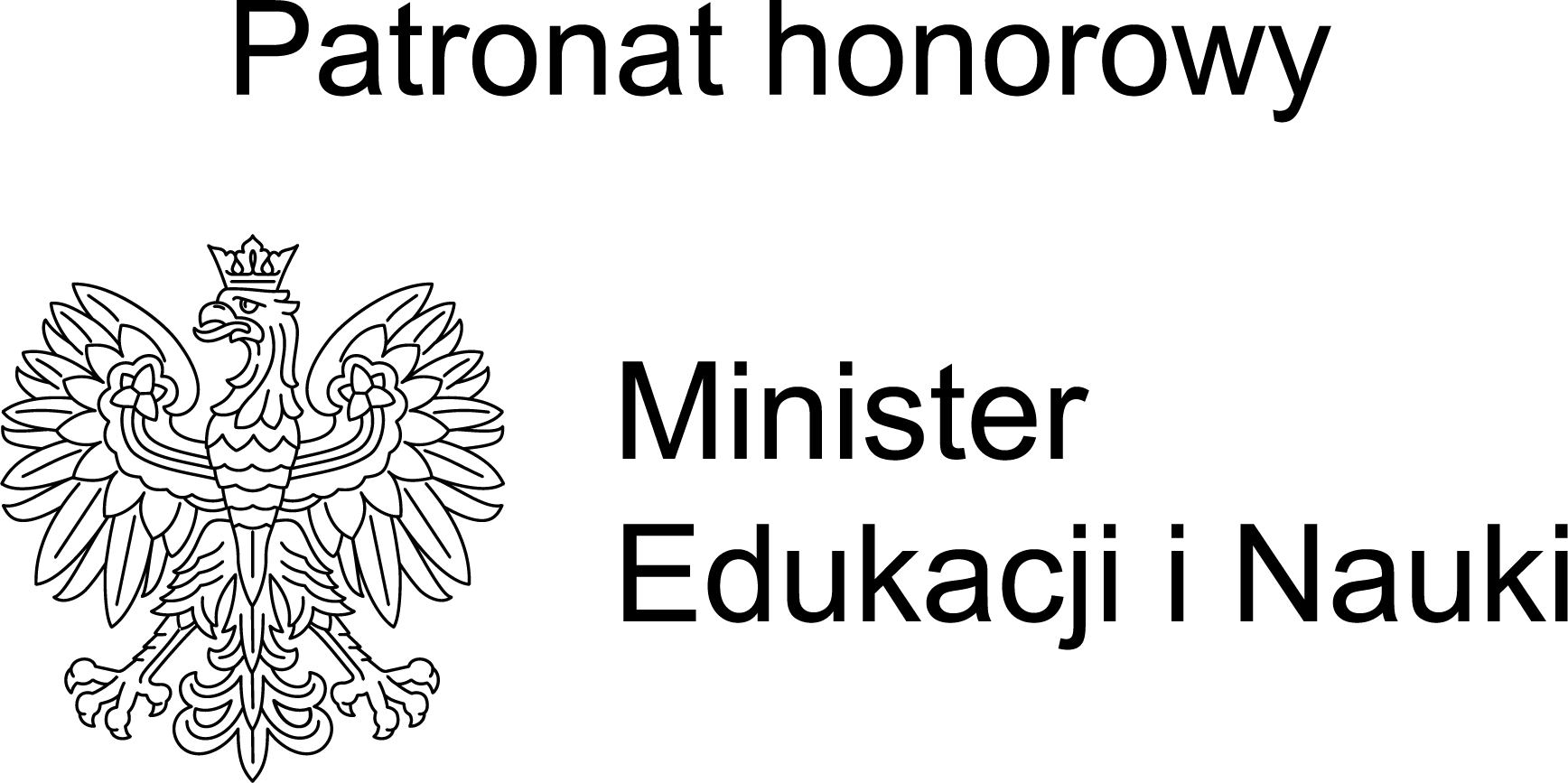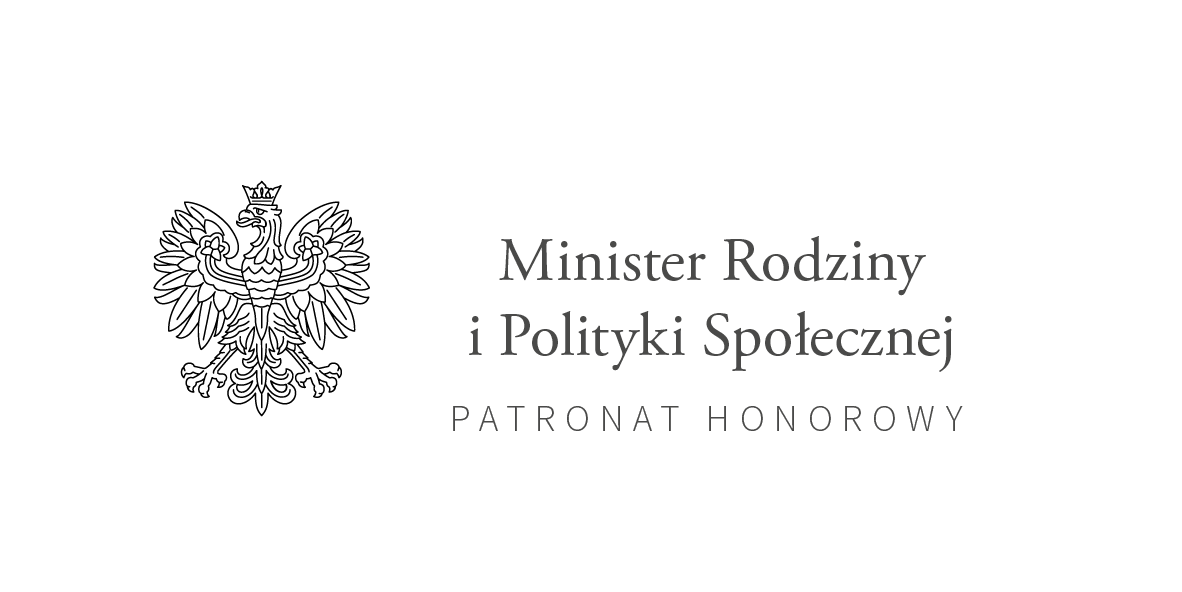
| Program Ministra Nauki i Szkolnictwa | Doskonała nauka – Wsparcie konferencji naukowych |
| Tytuł projektu | We Cherish Family Life (Pielęgnujemy życie rodzinne) |
| Jednostka organizacyjna Wnioskodawcy | Wydział Teologiczny Sekcja w Tarnowie UPJPII |
| Okres realizacji | 22.11.2021 – 21.12.2022 |
| Kierownik | ks. prof. dr hab. Józef Stala Uniwersytet Papieski Jana Pawła II w Krakowie, Wydział Teologiczny Sekcja w Tarnowie |
| Kwota dofinansowania | 62 000 zł |
| Całkowita wartość | 69 500 zł |
Jaki jest cel?
Głównym celem konferencji jest zaprezentowanie sytuacji współczesnych rodzin i życia rodzinnego w kontekście zmieniającej się sytuacji społeczno-kulturowej. Określenie podstawowych założeń życia rodzinnego w krajach cywilizacji północnoatlantyckiej, wskazanie czynników wpływających na życie rodzinne, a także zagrożeń, możliwości oraz mocnych i słabych stron życia rodzinnego, szans i jego zagrożeń. Podkreślenie, co wpływa na stabilne, trwałe i szczęśliwe życie rodzinne oraz jakie wzory i koncepcje życia rodzinnego warto przedstawiać młodemu pokoleniu. Podkreślenie znaczenia rodziny i życia rodzinnego w budowaniu społeczeństwa, narodu, państwa i Kościoła. W sytuacji gwałtownych zmian rodziny i życia rodzinnego międzynarodowa konferencja jest zaprezentowaniem życia rodzinnego jako wartości, która wymaga stałej troski i pielęgnacji. Jej niewątpliwym bogactwem jest możliwość zaprezentowania badań przez prelegentów reprezentujących różne krajowe i międzynarodowe ośrodki uniwersyteckie, a także poszczególne dyscypliny z dziedziny nauk teologicznych i z dziedziny nauk społecznych. Obecność przedstawicieli różnych środowisk badawczych umożliwi dyskusję naukową, konfrontację przemian życia rodzinnego w różnych miejscach i wspólne poszukiwanie modeli wzmocnienia życia rodzinnego.
Jakie zadania będą realizowane?
Aby zrealizować przyjęte cele międzynarodowej konferencji niezbędna jest realizacja następujących zadań: upowszechnienie informacji i promocja konferencji, przygotowanie materiałów informacyjno-promocyjnych, wynajem sal i ich przygotowanie techniczne do konferencji, organizacja prelegentom podróży, noclegów, pobytu oraz dojazdów z i na lotnisko, przygotowanie merytoryczne i prowadzenie konferencji, organizacja tłumaczenia symultanicznego, zabezpieczenie cateringu i przerw kawowych.
Jakie są jego grupy docelowe (do kogo skierowany jest projekt i kto z niego skorzysta)?
Projekt jest skierowany do ekspertów, naukowców, nauczyciele akademickich podejmujących różnorodne badania dotyczące rodziny i życia rodzinnego, jak również do studentów kierunku nauki o rodzinie jak i innych kierunków, zainteresowanych problematyką życia rodzinnego. Projekt jest również skierowany do przedstawicieli różnorodnych fundacji i stowarzyszeń działających na rzecz małżeństwa i rodziny, nauczycieli i wychowawców, a także zainteresowanych rodziców.
Co ostatnio zrobione w ramach projektu (jakie będą jego efekty)?
Rezultatem naukowej konferencji jest stworzenie międzynarodowego forum do diagnozy życia rodzinnego oraz wyznaczenia kierunków, założeń, celów, podmiotów, metod i sposobów umacniania życia rodzinnego oraz promowania pozytywnych przykładów i modeli. Dodatkowo wyniki międzynarodowej konferencji będą upowszechnione w międzynarodowych periodykach naukowych oraz podczas wykładów realizowanych w uczelniach, z których pochodzą prelegenci, zaś w formie bardziej popularnej przez wystąpienia radiowe.
We Cherish Family Life | Pielęgnujemy życie rodzinne
The Pontifical University of John Paul II in Krakow
and
Polish Family Association
21-22 October 2022
Observing the evolution of the family in Europe one is confronted with a paradox.On the one hand, all the sociological surveys show that the family is selected as oneof the top values and is confirmed as an institution people want to maintain, despiteits multiple, unheard of, or informal expressions. On the other hand, the concept, thestructure, and the functions of a family today are changing. The term “family” refersto distinct realities. More and more, people seem to decide for themselves what kindof relationship or institutional link they want to adopt, instead of following thetraditional normative pattern. Although still, the majority of couples is stable andreproduces the pattern, the overall understanding of being married or having a familyreflects another culture.
Hence, it is understandable that sociologists talk about the “uncertain family” andfamily lifer. Some of the changes will be mentioned, pointing out differencesbetween the different European blocks; some “uncertainties” will be identified. Theissue is too vast and complex to develop all its aspects, but it is important tounderline the most important issues.
Three main changes draw the attention when trying to understand the role andmeaning of family in contemporary society and present family life.In the first place, people seem to perceive marriage in a different perspective. Theyseem to refer to a shift in interest when valuing family life. In order to appreciate thechange in the perception of the social role of the family, one has to see its evolutionover centuries. For a long time, the main satisfaction associated with the family, as asocial institution, was related to the economic patrimony. The importance ofmarriages was understood as essential for keeping or extending properties, forestablishing influential social and economic networks. Marriages, often, have toprotect these priorities in the first place. In case the relationship does not satisfy thepartners, alternative solutions can be adopted, be it in a covert way. The relationalsatisfaction was secondary to the economic interests or the promises of the offspring.Today, for most people the main satisfaction of having a family is conditioned by thequality of the relationships between the family partners. Happiness is the main goal.The failure of a harmonious relationship will be given priority over other interests.Because the relational satisfaction is much more fragile, the stability of marriage isnot as obvious as when protected by the economic interests and tradition. Thisevolution represents a fundamental shift in the way a family is valued andmaintained as an essential dimension of the human life. What do people mean, whenthey praise the family as a top value in their life?
A second and subsequent change to be noticed is the adjustment of the State to thesocial position of the family. The State sets the rules for the transactions between thegenerations in agreement with the legal status of marriage. Today, the State developsjuridical regulations in response to the changing practice of establishing relationshipsamong adults and the implications for the offspring. When the divorce rate movesbeyond a certain – implicitly adopted - limit of tolerance and disturbs the traditionaljuridical system, the democratic society will gradually adjust to the new situation.Relational difficulties are recognized as sufficiently important for terminating themarriage contract. New legal regulations are developed for easing the adoption of asolution for the partners involved and for their children. New juridical perspectivesare introduced for dealing with the economic, cultural and social consequences of achange in the family structure and the functions.
A third orientation, which affects the meaning of the family, is related to thedemocratization of inter-personal relationships. Due to many interdependent factors,like education, individualization, the new patterns of communication, consumption,etc., people are more independent and are constantly invited to think and to decidefor themselves. The administrative, professional, social, cultural, and personalinteractions are eased by the electronic communication. There is more space forpersonal initiatives. People ‘network’ according to many different interests and movebeyond the old restrictions. All this factors contribute to the de-institutionalisation ofmarriage and of the family and strong changes in the family life.
Many external factors affect the family and family life today. They are no longer“programmed” by tradition or by the diseases, death, or uncontrollablecircumstances. Technological, medical, social, and cultural evolutions heighten thepossibilities for controlling life and for pushing back the dramatic consequences offate. Each of these factors would need extensive comments in order to illustrate theirimportance. In the literature about the external influences, which affect the families,nine factors are constantly mentioned: the economic development, the degree ofurbanization, the technological development, the government policy, especially thefamily policy, professional work of parents outside the home, communication, traveland consumerism, the electronic media, cultural development, the authority given toethics and moral standards, to traditions, religions and philosophies of life.
All these factors contribute to the occurrence of changes in the family structure, itscharacteristics, and the life style of its members. The attitudes toward marriage andfamily do change: is it appropriate to be married, under what conditions, with whatkind of institutional status? Also the changing of gender role may alter due to a freechoice, to circumstances, to a particular composition of the couple, women taken onan active role in society and, in doing so, introduce a different model of family life.The parental age may differ considerably from one family to another and the style ofparenting is more diversified. Families will have to manage the time spent togetheraccording to specific circumstances and to the new situation.
For the purpose of the theme of this conference, some of the consequences of thechanges affecting the families do have far reaching implications for family life ingeneral. Especially, the priority given to sentimental love suspends fundamentalquestions and introduces confusion as regards values. A systematic study of thefamily and family life is a necessary step in the reflection upon the future of society.
Therefore we plan to address the following topics:
| WSPÓŁORGANIZATORZY | |||
 |
 |
 |
 |
| PATRONAT HONOROWY | |
| Przemysław Czarnek Minister Edukacji i Nauki |
 |
| Marlena Maląg Minister Rodziny i Polityki Społecznej |
 |



